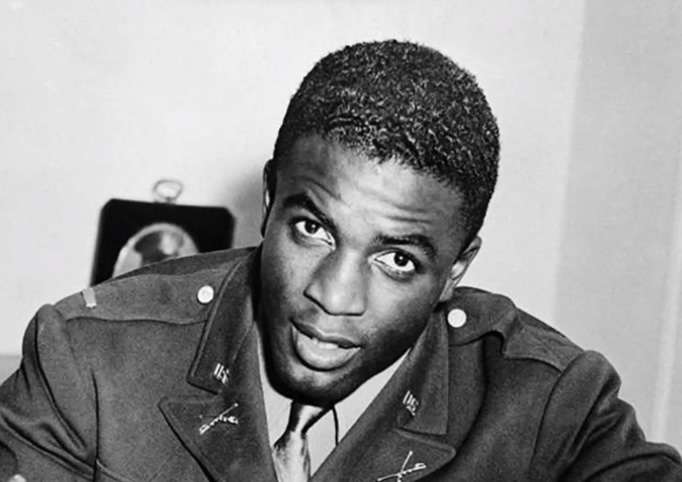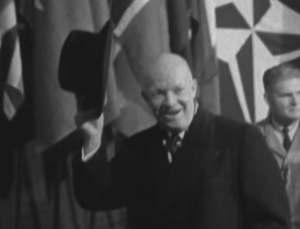
TLDR: Jackie Robinson’s letter to President Eisenhower was primarily to urge him to take action against racial segregation and the deployment of the Arkansas National Guard to enforce segregation laws. Robinson, along with other Negro leaders, implored President Eisenhower to curb segregation, which he did, albeit reluctantly, acknowledging the importance of civil rights in America.
What Best Identifies Jackie Robinson’s Reason For Writing His Letter To President Eisenhower?
In the annals of American history, few individuals have left as indelible a mark as Jackie Robinson. Beyond his groundbreaking role in breaking baseball’s color barrier, Robinson’s activism off the field solidified his status as a symbol of the Civil Rights Movement. One notable act of his was writing a letter to President Dwight D. Eisenhower. In this blog post, we delve into the motivations behind Robinson’s letter, exploring the primary reasons that drove him to take such a bold step.





